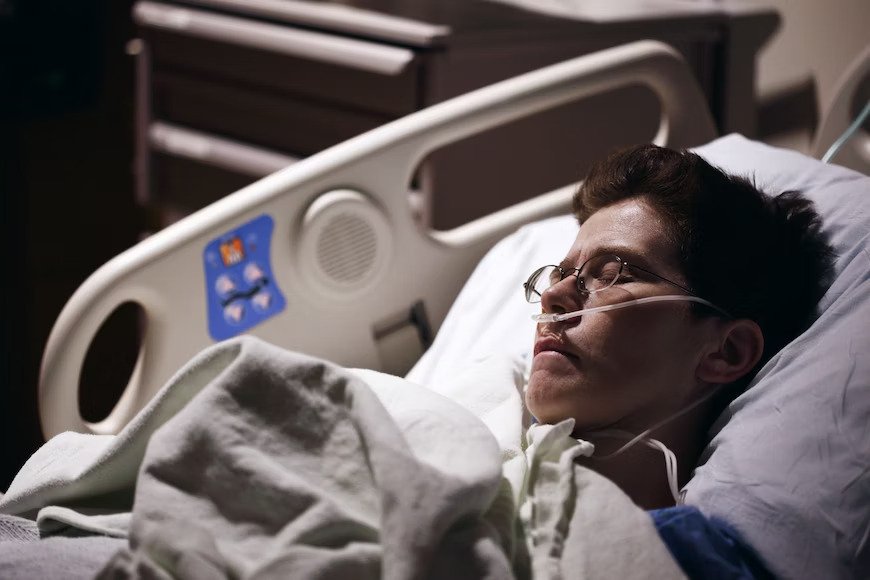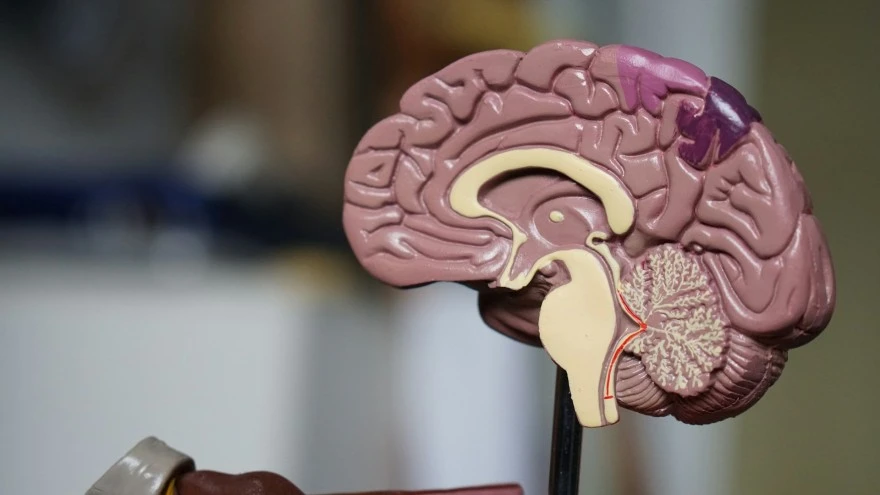Preventive Healthcare
Viral Meningitis: Everything You Need to Know

Table of Contents
Meningitis is an infection and inflammation of the fluid and meninges (membranes) that cover the spinal cord and brain. Headaches, stiff neck and fever are common meningitis symptoms.
A viral infection is the main cause of meningitis. But it can also be caused by parasites, bacteria and fungi. Meningitis can sometimes get better on its own in a few weeks without treatment. Other times, it needs antibiotic treatment right away.
If you think you or someone in your family has meningitis, you should immediately see a doctor. Serious complications can be avoided by treating bacterial meningitis early.
Symptoms of Viral Meningitis
Viral meningitis usually starts with viral infection symptoms like illness (malaise), fever, cough, vomiting, loss of appetite, muscle aches and headache. But sometimes people do not have any symptoms at first. Later, people show signs of meningitis. In general, people usually have a stiff neck, headache and fever. Attempting to lower the chin to the chest hurts, and lowering may not be possible. It is not as hard to move the head in other directions.
Although the symptoms may be similar to those of bacterial meningitis, they are typically less severe and come on and get worse more slowly.
Meningitis's Long-Term Effects
According to research, 10% to 20% of people with meningitis will have health problems that last for a long time.
Long-term effects include the following:
- Loss of sight or hearing
- Memory and focus issues
- Balance and movement problems
- Behavioural problems or learning issues among kids
- Arthritis
- Epilepsy
- Organ damage
- Sepsis-related loss of toes, fingers or limbs
Causes of Viral Meningitis
Viral Meningitis is most frequently caused by
- Enteroviruses, such as coxsackievirus and echovirus
- Enteroviruses that tend to live in the digestive tract
Other frequent reasons include the following viruses:
- Herpes simplex virus (HSV), generally type 2 (HSV-2)
- Varicella-zoster virus
- Arboviruses spread by mosquitoes, including the West Nile virus, the California encephalitis virus and the St. Louis encephalitis virus
- Lymphocytic choriomeningitis virus
- Human immunodeficiency virus (HIV)
Symptoms of meningitis and herpes genitalis, a sexually transmitted virus, can coexist. Meningitis symptoms may manifest before genital signs, and some individuals with meningitis may not exhibit genital symptoms. HSV-2 stays in the body in a latent (inactive) condition after symptoms subside. In other words, no symptoms are produced. Nonetheless, it can periodically become active (reactivate) and cause symptoms. Meningitis caused by HSV-2 can thus reoccur.
The varicella-zoster virus brings on Chickenpox. The varicella-zoster virus, like HSV-2, resides in the body in an inactive condition. The virus may never produce signs again, or it may resurface after several years. If reactivated, it produces shingles (herpes zoster) and may cause meningitis. In contrast to HSV infections that can often reoccur, shingles typically only occur once in a person's lifespan. Those with a weaker immune system, such as HIV, may have shingles several times.
Diagnosis of Viral Meningitis
A doctor can tell if someone has meningitis by examining their medical history, giving them a physical examination and running certain tests. During the test, your doctor may notice signs of infection all around the ears, throat, head and skin along the spine.
Meningitis is frequently diagnosed through the use of the following tests.
Blood Cultures
A blood sample is put in a special dish to determine whether it grows microorganisms like bacteria. A sample can also be put on a slide and stained. Then, it will be looked at with a microscope to determine whether there are any bacteria. Book your Viral Meningitis Profile Test (IgG and IgM) today.
Imaging
Head scans using magnetic resonance imaging (MRI) or computerised tomography (CT) may reveal swelling or inflammation. CT scans or X-rays of the sinuses or chest can reveal an infection that could be linked to meningitis.
Spinal Tap
A spinal tap to gather cerebrospinal fluid is necessary for a conclusive diagnosis of meningitis. People with meningitis often have a low sugar level in their fluid, a higher number of white blood cells and more protein.
By looking at the fluid, doctors may also be able to figure out what kind of bacteria caused meningitis. A polymerase chain reaction amplification, a DNA-based test, may be required if Viral Meningitis is suspected. Or, you might get tested to see if you have antibodies against certain viruses. This will help figure out the exact cause and the best way to treat it.
Treatment of Viral Meningitis
Antibiotics cannot treat Viral Meningitis, and most cases get better on their own in a few weeks. The following are typically used to treat minor cases of Viral Meningitis:
- Drinking plenty of fluids
- Having bed rest
- Taking medication to ease pain and help bring down fever
Your doctor may give you corticosteroids to reduce inflammation in the brain and seizure medicine to stop them. A medicine that kills viruses is available if a herpes virus results in meningitis.
When Should I See the Doctor?
Get medical help right away if you believe that your baby or kid has meningitis or if you experience symptoms such as:
A doctor will examine a baby immediately if the baby is fussy, has a fever and is not eating well. If your child is near a person with meningitis, you should call your doctor to inquire about preventive medicine.
Conclusion
- You should maintain some basic hygiene, like when you sneeze or cough by covering your nose and mouth.
- You should disinfect the surfaces you frequently touch.
- Avoid drinking or swimming in potentially contaminated water.
- Rinse your nose with distilled or treated water.
- Do not eat meat or seafood that is undercooked or not cooked at all.
- Do not consume unpasteurised milk or eat foods made with unpasteurised milk.
- Use insect repellent that is safe for ticks and mosquitoes and cover as much of your skin as you can when you are outside to minimize the chance of bug bites.
Meningitis is a rare disease that can become life-threatening very quickly. If you get help quickly, you have a good chance of getting better. If you think you might have meningitis, Metropolis can help you right away. With Metropolis, you can schedule a lab test and closely monitor your health.


























